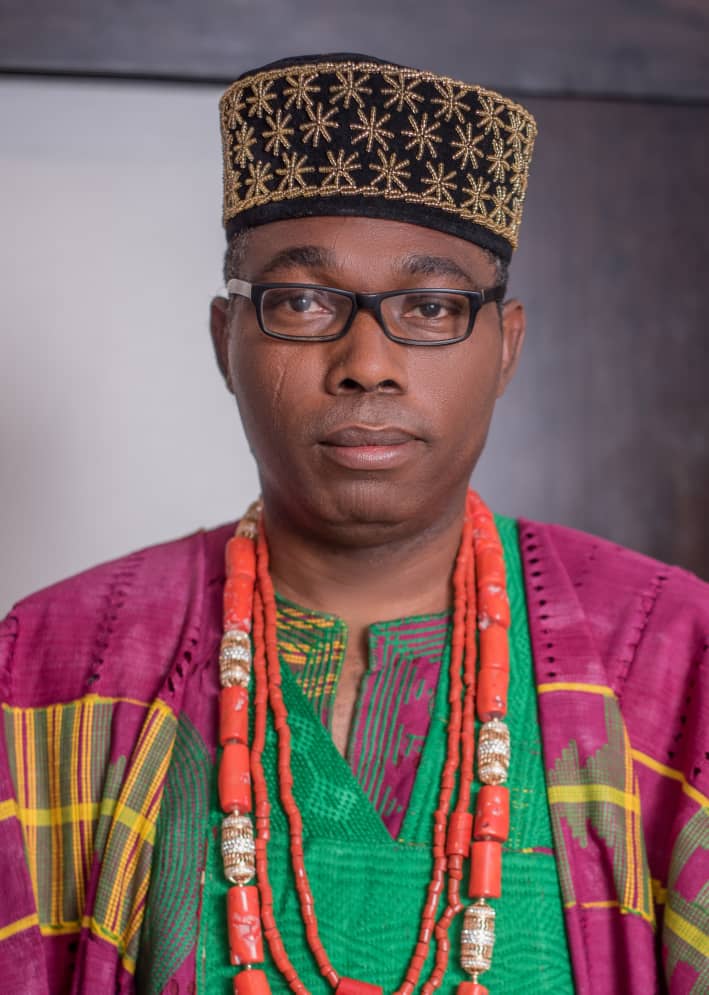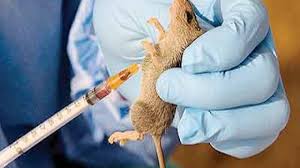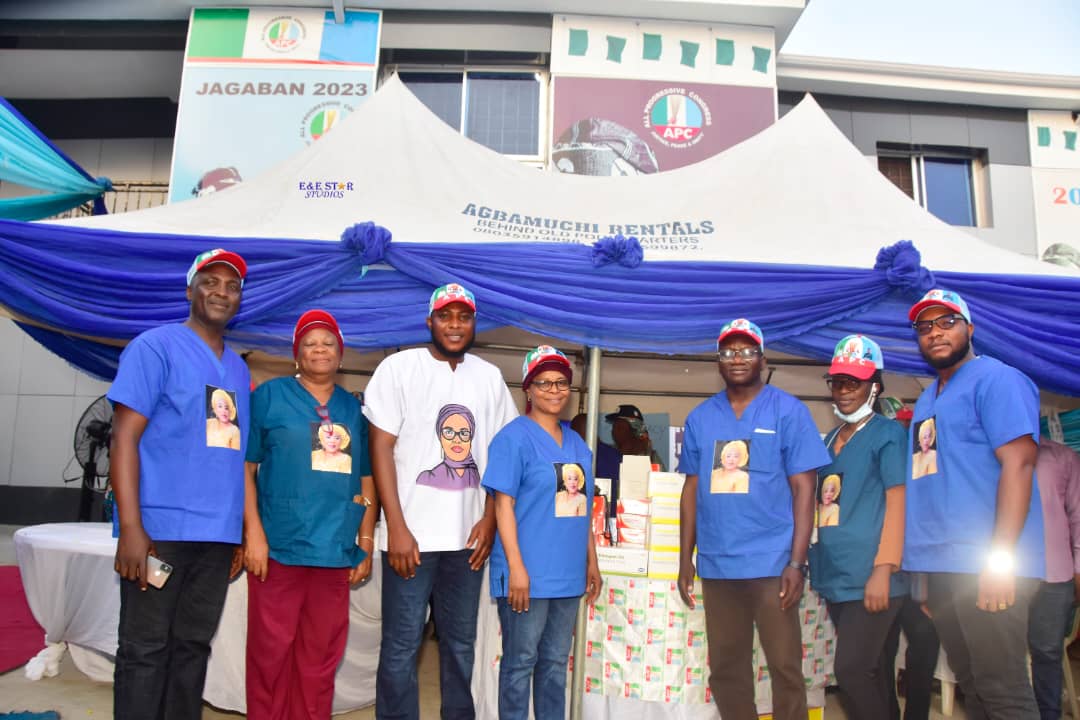Apparently piqued by the abysmal performance of Nigerian politicians that has kept the country underdeveloped, the Presidential aspirant under Coalition of Opposition Parties, (COP) Prince Adewole Adebayo, has taunted failed leaders by asking Professor Maurice Iwu that of all his reforms at INEC he forgot to formulate herbal therapy for politicians.
Professor Maurice Iwu is a Nigerian Professor of Pharmacognosy who was appointed Chairman of the 2r (INEC) in June 2005, and completed his tenure in April 2010.
Prince Adebayo, who chaired the occasion of the public presentation of a book, ‘Healing Plants of Nigeria, ethnomedicine and therapeutic applications, written by Rev. Fr. Dr Anselm Adodo and Professor Maurice Iwu, in Abuja said, Nigeria is facing leadership crises because the politicians need some herbal remedy.
According to him
Trado-medicine if properly harnessed can generate $100b revenue and create 3m jobs.
He therefore called on Nigerians to invest in traditional medicine, describing it as a major revenue boost if properly developed
He lamented that the country has over the years expended huge resources on spiritual matters but failed to invest in development of ethnomedicine sector for good of the people,

He said Nigeria can generate over $100 billion from plant medicine industry if it pays serious attention to it.
Adebayo regretted that the herbal medicine sector was suffering from the same years of neglect and lack of focus to develop various sectors in the country.
He said, “What has happened to our traditional medical field is what has happened to almost every aspect.
“It is the same reason why we don’t have electricity, it is the same reason why lecturers are on strike, it is the same reason why we are importing fuel that we should be producing.”
The presidential hopeful vowed to do the opposite of what the government is doing instead of adding to the lamentations of why our government has failed.
According to him, “Nigerians know already, so, they want me to bring solutions. The solution is that we are going to do opposite of what the government has been doing.
“We are going to encourage industrialization, science, technology, research and development. We are going to encourage local production of goods.”
“My view of traditional medicine is that it is the main medicine. I have been an investor in the sector for many years. You can see many of the Professors here; we have done research together, Professor Maurice iwu, Professor Kunle and many of the Professors.
“We have done research together with other Professor. It is something I have done over the years, and these products, we have commercialize many of them.
“So, my attitude to traditional medicine is the same attitude I have to other natural resources that Nigeria has, that we must value what is ours and we must promote what is ours and we must educate our people about what we have.
“And they are my aspect that is sound skeptical like these gentlemen have tried to deal with the area of ethnomedicine. But the idea is that, if we want to be self sufficient, as a country, we must be able to feed our people and heal your people when they are ill.
“When they are healthy, you will make sure that they remain healthy and that you generate resources. It will surprise you that we have more money in plants medicine than we have in Nigerian National Petroleum Corporation, NNPC.
“So, if Nigeria were to pay attention to plants medicine and to do the kind of investment which I have made in this sector over the years, we can generate an industry of over a $100 billion. And our budget this year is less than N40 billion.
“That is why I have confidence in the county. I have no worry about Nigeria at all because I know where the resources are, I know where the opportunities are. We can generate up to three million jobs just from the propagation of plants, from development of plants, from the methodology used from training laboratories.
“If Nigeria wants to do industrial revolution, it is not by importation from foreign industries, it is by understanding ethnomedicine and ethnomethodology for developing our own product.
“And I believe that when we are in government, this will be a new brain. We have all the people we need. I know all the people in the scientific industry, the researchers, and the institutions. So I don’t have any concern that we will do well in this sector.
“So, herbal medicine to me is not what we see in the movies or if you have a headache you go to herbalist. It is a whole industry and in accessing that industry is the commercialization of plants for exports. Because we have plants for some diseases that are not common to us, there are western diseases that plants can also work for them.
“So, it generates income for you and it is also the raw materials you use for other products but are not medicine or medicinal but are used for other production industry, so, it is a field that I am very familiar with and will promote it when in government.
“What has happened to our traditional medical field is what has happened to almost every aspect.
“It is the same reason why we don’t have electricity, it is the same reason why lecturers are on strike, it is the same reason why we are importing fuel that we should be producing.
“So, we don’t have good government and it should not be forever. So, we need to take care of them now. I am more focused on finding solution and I have found solutions to most of these problems.
“So, in my public speaking, in my campaign, I am focusing on what I will do. Because adding to the lamentations of why our government has failed, is not tenable. Nigerians know already, so, they want me to bring solutions.
“The solution is that we are going to do opposite of what the government ha being doing. We are going to encourage industrialization, science, technology, research and development.
“We are going to encourage local production of goods; we are going to encourage education along the line of practical and pragmatic application of knowledge.”



